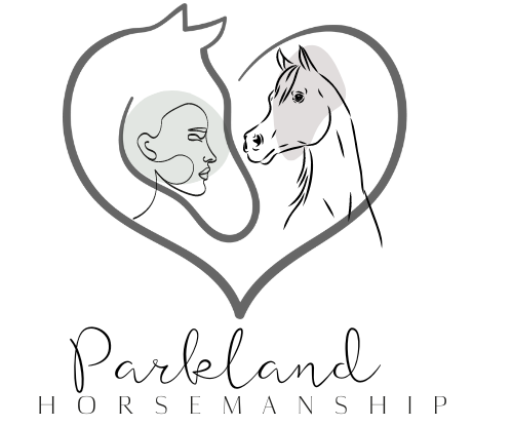Equine Assisted Learning (EAL) has quickly gained favor as an educational technique, particularly among at-risk youth.
At-risk kids frequently suffer from anxiety due to worrying about failing school and where their next meal will come from, or fearing being harmed by street gangs. Working with horses teaches them to remain calm and focused, helping to ease this tension and ease any related stressors.
Assertiveness
Many can agree that spending time with animals is beneficial, thanks to their unconditional love and stress-relief properties. Dogs and cats are frequently used as therapy partners; horses too offer valuable help as therapy partners through Equine-assisted learning (EAL). EAL utilizes horses to teach life skills that can assist at-risk youth achieve personal and professional goals more quickly and successfully.
Assertiveness is the ability to speak up for yourself even when feeling afraid or uncomfortable, and can help with conflict management in healthy ways. At Healing Hooves, we employ horsemanship, equine science and riding lessons as ways of helping our clients develop assertiveness; in addition, we incorporate activities that teach participants how to read horses’ body language so they can apply what they learn directly to their own situations.
Self-Esteem
At-risk youth often feel alone in their struggles. Whether academic pressures, street gang pressures or finding food sources for themselves loom large in their lives. Horses provide a nonjudgmental platform of unconditional love which can help these young people learn about themselves and discover their inner strengths.
Horses teach participants that they must trust themselves and communicate clearly and confidently, without falling back into passive or aggressive responses to situations. Instead, they learn that taking charge in an assertive manner is key.
Due to their large physical size, horses demand that participants respect them and direct their actions accordingly. This teaches participants to learn to internalize emotions and reduce stress levels; when they successfully complete an task like leading a horse they become empowered and feel more secure within themselves.
Self-Discipline
Youth learn the value of self-discipline while working with horses, which require patience, creativity, and resilience in order to work effectively with a 1,000 pound animal that doesn’t speak your language. To win their trust and gain their respect you must be assertive but not aggressive in your approach.
At-risk children often feel overwhelmed by anxiety; fearful that they’ll fail out of school, uncertain where their next meal is coming from and under pressure from street gangs. Interacting with horses helps these young people to relax, center and become present in each moment – providing physiological relief from anxiety.
At-risk youth find horses an effective alternative to human therapists who may be intimidating; horses provide a safe platform where they can open up about past traumas and discuss feelings related to life transitions without feeling intimidated by them.
Social Skills
At-risk youth often feel alienated and isolated – the unconditional acceptance provided by horses provides a perfect opportunity to form meaningful relationships without lies or manipulation. Being prey animals themselves, horses are highly sensitive to their environment and aware of human emotions – providing an opportunity to discover more about oneself by learning from interacting with them.
Given horses do not judge, they provide an ideal environment in which teens may be less inclined to hide or deny their emotions. Therefore, teens must fully engage with the horses if they want to overcome issues and build trust; this tool can be an invaluable resource in developing healthy relationships and making lasting improvements in one’s life.
Self-Confidence
Working with horses can be an enriching experience for at-risk youth. Being immersed in such an intimate experience helps children learn assertiveness without resorting to aggressive or intimidating techniques.
Students learn that horses don’t care how or where they were raised or what mistakes have been made in life; therefore they don’t need to conform in any particular way in order to build a connection with this animal, helping develop better judgment, insight, perception and social skills.
Many equine therapy programs combine equine-assisted learning with counseling sessions in order to treat mental health conditions, including depression, anxiety and PTSD (trauma), eating disorders and behavioral disorders as well as traumatic brain injury. Therapists in these centers work with clients individually in creating tailored equine assisted therapy and therapeutic riding plans tailored specifically for them.

